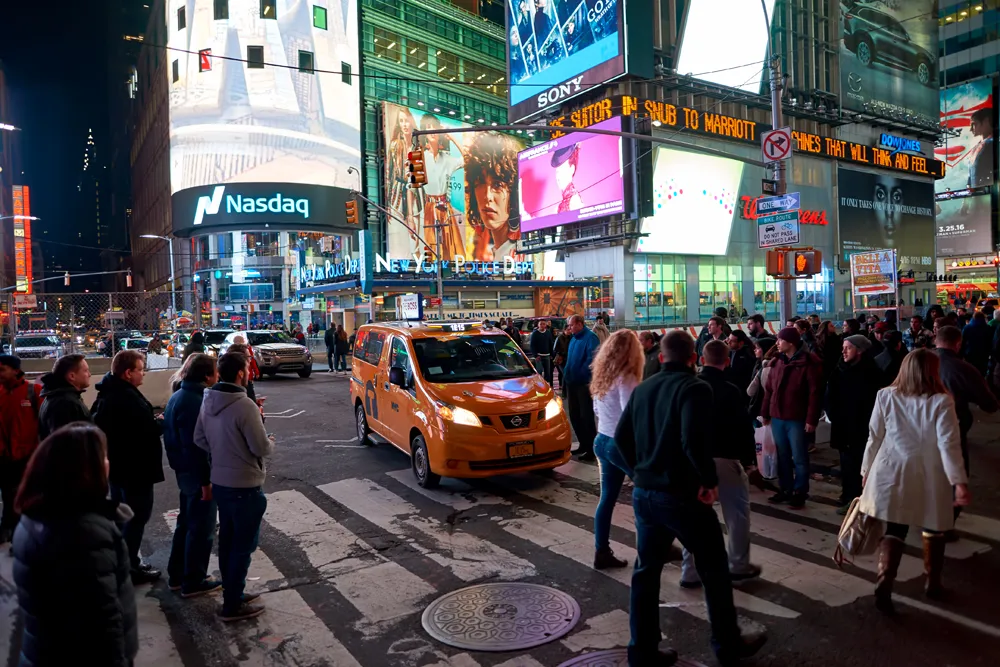Annual research just released by the New Zealand Ministry of Transport estimates that the total social cost of fatal and injury crashes rose from US$2.5 billion (NZ$3.53 billion) in 2014 to US$2.6 billion (NZ$3.79 billion) in 2015.
Over 300 New Zealanders lost their lives on the country’s roads last year, and about 2,500 were seriously injured.
According to associate transport minister David Bennett, in 40 per cent of the crashes where people were killed or seriously injured, the driver had drunk more
April 10, 2017
Read time: 1 min
Annual research just released by the New Zealand Ministry of Transport estimates that the total social cost of fatal and injury crashes rose from US$2.5 billion (NZ$3.53 billion) in 2014 to US$2.6 billion (NZ$3.79 billion) in 2015.
Over 300 New Zealanders lost their lives on the country’s roads last year, and about 2,500 were seriously injured.
According to associate transport minister David Bennett, in 40 per cent of the crashes where people were killed or seriously injured, the driver had drunk more than the legal limit of alcohol, was driving too fast for the conditions, or people in the vehicles weren’t wearing a seatbelt.
The Government spends billions of dollars a year on physical infrastructure improvements such as median barriers, rumble strips and wide shoulders, as well as on road safety enforcement, advertising and education campaigns trying to encourage the sort of behavioural change required on our roads.
Over 300 New Zealanders lost their lives on the country’s roads last year, and about 2,500 were seriously injured.
According to associate transport minister David Bennett, in 40 per cent of the crashes where people were killed or seriously injured, the driver had drunk more than the legal limit of alcohol, was driving too fast for the conditions, or people in the vehicles weren’t wearing a seatbelt.
The Government spends billions of dollars a year on physical infrastructure improvements such as median barriers, rumble strips and wide shoulders, as well as on road safety enforcement, advertising and education campaigns trying to encourage the sort of behavioural change required on our roads.








